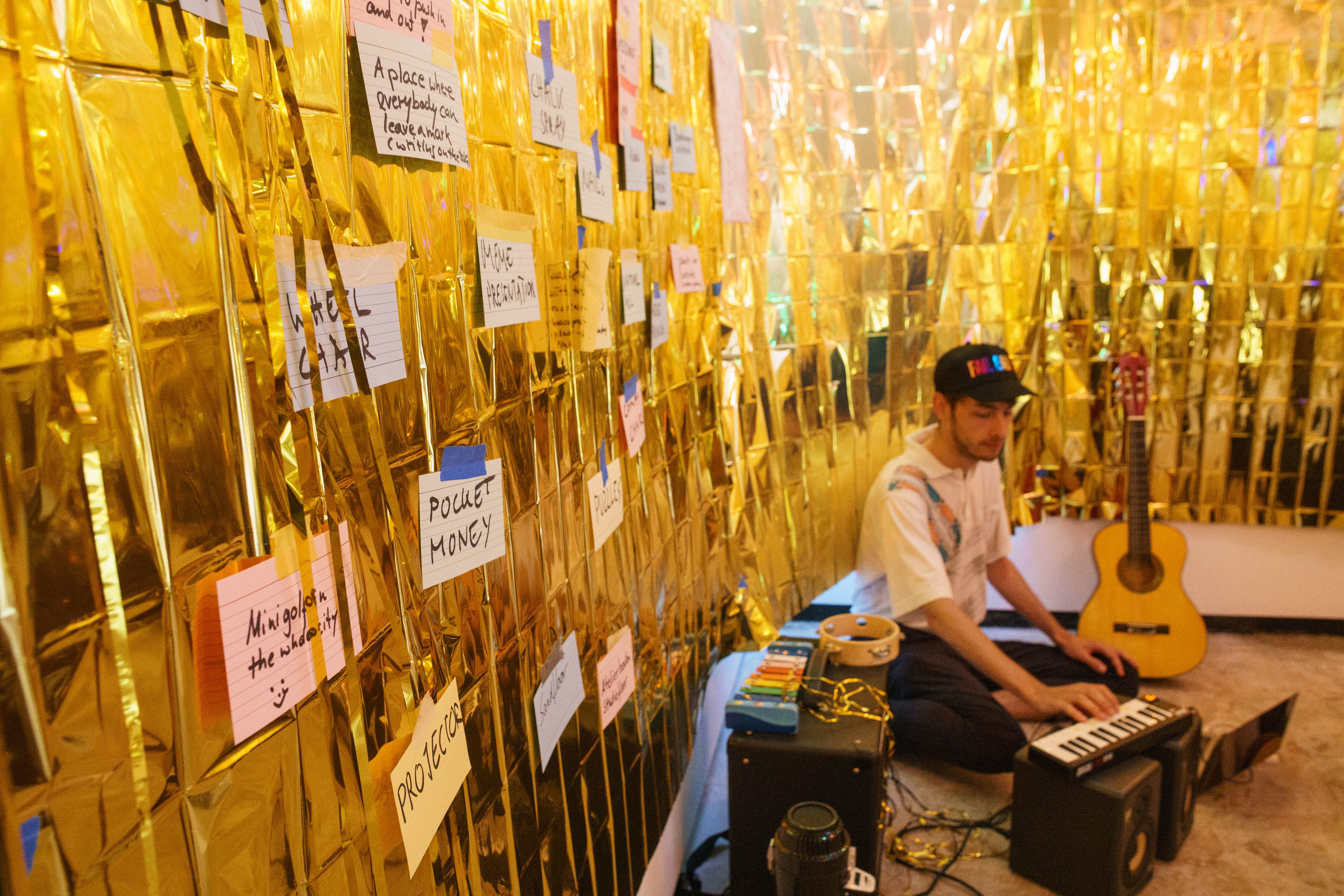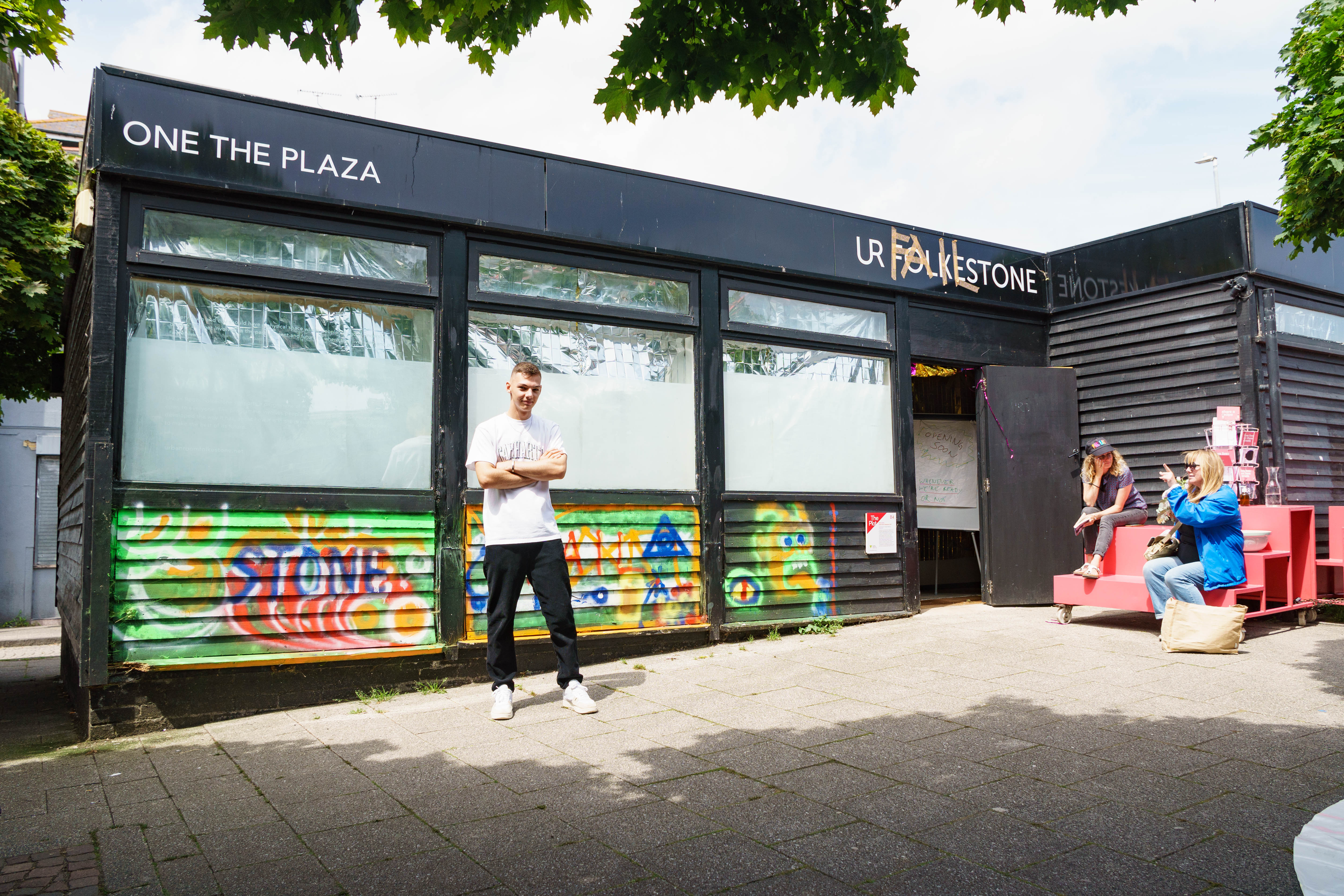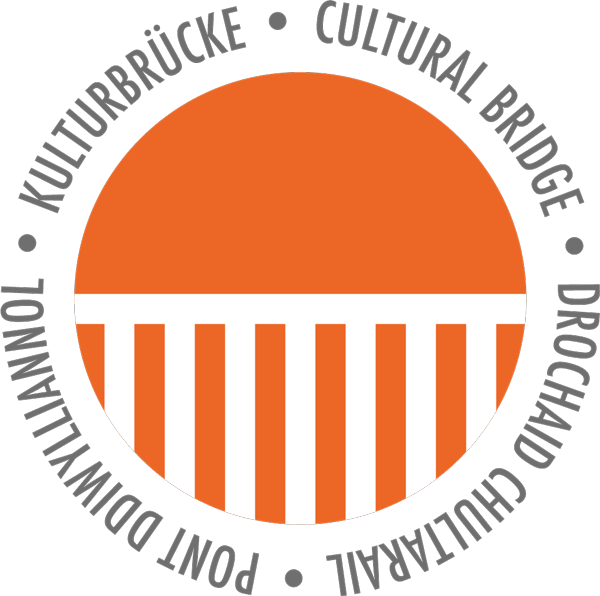The first morning after the entire FAIL (Fine Arts Institute Leipzig) team had left Folkestone following their month-long residency I passed The Urban Room Folkestone on my way to town. It dawned on my how comfortable and adjusted I had become to them being in the space; which had been fully and completely been taken over by our friends from Leipzig - the spontaneous karaoke nights, the delicious food Jasmine would prepare in the very tiny kitchen for anyone and everyone who wanted to eat, the visits from curious and intrigued passer-bys who would notice the golden room with fog always emerging, and wonder what on earth was going on, or how they could be a part of it…

I felt my own ways of working and thinking, as well as that of the Folkestone Fringe team constantly being shaken up, questioned, challenged, being experimented with. The things we’d learnt and valued from spending time with the FAIL Team previously were truly put into practice and integrated within our own ways of doing things - because of being with them for this extended amount of time. Playfulness was injected into everything. Taking risks and acting on spontaneous ideas became a practice. The Urban Room was transformed into a living breathing thing - a new sense of life was injected into it as something new and different was always happening, and different energies, activities and celebrations were continually passing through.

If I were to describe what FAILSTONE is, what our collaboration has looked like so far, it was a continual learning and experimenting with how to make space for something unexpected. The FAIL team carved out the space for nights of dancing, singing, music jamming, bingo, beach golf communal meals alongside and in between the Urban Room’s Festival of Looking which was simultaneously happening throughout July. The reality of these 2 events occurring at the same time undoubtedly brought up difficulties, in ways we didn’t quite anticipate - but it also led to conversations between the FAIL and FF teams that were always honest and open about expectations, how much we can realistically give of ourselves, and ways we may work differently going forward. It was an important addition to getting to know each other more fully, and seeing sides of each other we had not quite been able to access yet - which may not have been revealed without some of the challenges we faced.
An example of a beautiful FAILSTONE collaboration, unfolded through a film screening event for The Festival of Looking entitled ‘Stories, Faces and Places’ - where I curated a programme of 8 short films to be screened out of 40+ submissions from local and international filmmakers. During our video calls prior to the FAIL team arriving in Folkestone, Manu had excitedly suggested that we screen all 40 films in addition to the programme, as a FAIL take over response to Festival of Looking. Fast forward a couple of weeks, and after much deliberating over how to make this happen, it unfolded fantastically. The response from the filmmakers was so joyful, with many of them coming to watch their work screened for a public viewing, for the first time. In addition to this, one of my own unfinished films (which I struggled to complete in time for this screening) was also being screened for ‘Stories, Faces + Places’. The vulnerability and anxiety of showing unfinished work to an audience felt so much more alleviated, with the after-screening conversation and Q+A being held by FAIL, and knowing that so much of their work centres around valuing the learning process, difficulties and ‘fails’ within creative practices.

I feel that I have learnt and gained so much from FAILSTONE. In hindsight, it was an undeniably intense month, and packed to the rim with organising, spontaneity, playfulness, a deepening of connections and understandings, openness, vulnerability, a dash or two of chaos, and so much joy. It has indeed felt like The Urban Room’s transformation has meant that it can’t quite go back to the way it was completely - having seen now all the possibilities that opened up for the space through FAIL’s takeover, its purpose as vessel for the community to engage with the town and each other in a million different ways has become all the more clear.


